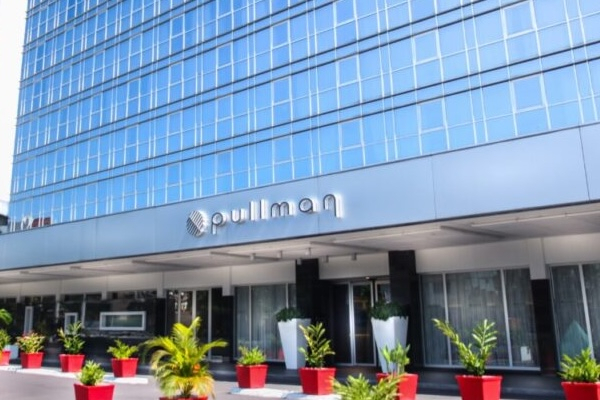The Democratic Republic of Congo plans to invest $6 million to maintain its stake in Grands Hôtels du Congo SA, a joint venture at risk of shareholder imbalance.
During the 53rd Council of Ministers on July 25, Minister of Portfolio Jean-Lucien Bussa requested the funding to preserve the State’s position in the hotel company’s capital following a proposed recapitalisation.
Created in 1968, Grands Hôtels du Congo SA operates under a mixed ownership model. The Congolese State, through the Ministry of Portfolio, owns 47%, while CNSS, LAC, and SNCC hold 1% each. Belgian investor Victoria Equity controls the remaining 50%.
The company runs two key assets in Kinshasa: the Pullman Hotel (formerly “Cube”), currently active, and La Tour, a 387-room hotel left dormant for years due to funding gaps.
To revive La Tour, Victoria Equity recently injected a $6.2 million shareholder loan. With no matching contribution from the State, the investor offered to convert the loan into shares, a move that would reduce the State's influence in the company’s governance.
Minister Bussa warned that this would upset the current ownership balance. He asked the government to release $6 million to match the private investment and prevent dilution of public control.
Minister Bussa aligned his request with President Félix Tshisekedi’s call for active management of State-owned assets. At the 51st Council of Ministers, Tshisekedi had criticized the marginalisation of State interests in joint ventures and urged stricter oversight of public shareholdings.
This strategy follows the Estates General on the Public Portfolio held in December 2024. The forum recommended revitalising undervalued public assets, especially in sectors like tourism.
Bussa argued the investment was not only defensive but also strategic. He said the reopening of La Tour, scheduled for September 2025, would significantly boost the value of the company. With La Tour having 387 rooms and being expected to double the company’s market value, Bussa stressed that failing to act now could cost the State both influence and future financial returns.
This article was initially published in French by Boaz Kabeya (intern)
Edited in English by Ange Jason Quenum










